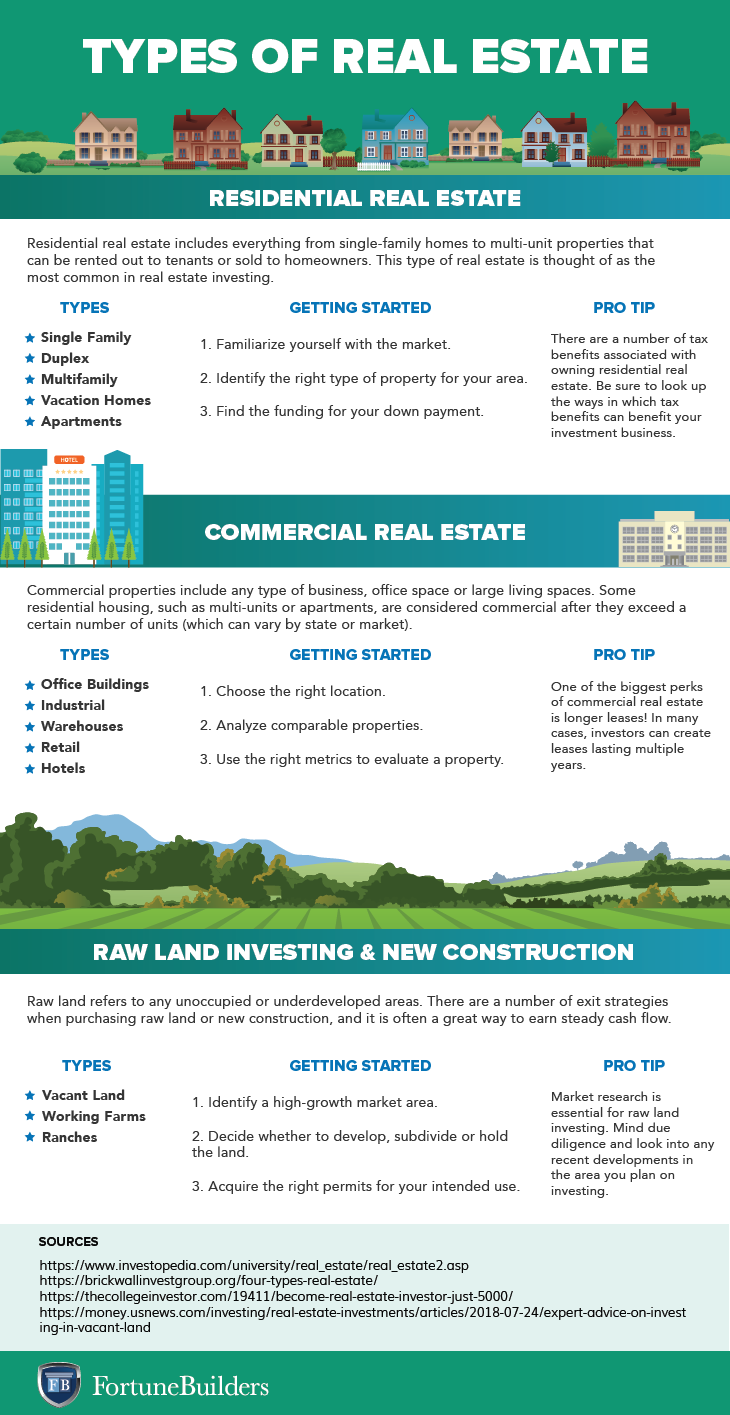Absolutely! Here’s a comprehensive 3000-word article on real estate investment property marketing, structured with `
` and `
` tags for clarity:
Investing in real estate offers a wealth of opportunities, but success hinges on effective marketing. Whether you’re selling a single-family rental or a multi-unit apartment complex, a well-crafted marketing strategy is crucial for attracting qualified buyers and maximizing your return.
Understanding Your Target Audience
Before diving into marketing tactics, it’s essential to define your target audience. Who are you trying to reach? Understanding their needs, preferences, and investment goals will shape your entire marketing approach.
Identifying Investor Profiles
:max_bytes(150000):strip_icc()/most-important-factors-investing-real-estate.asp-ADD-FINALjpg-32950329a30d4500b6d7e0fd0ba95189.jpg)
First-Time Investors: These individuals are often seeking entry-level properties with potential for appreciation and rental income. They may be more risk-averse and require detailed information.
Tailoring Your Message
Once you’ve identified your target audience, tailor your marketing message to resonate with their specific needs.
Highlight cash flow for income-focused investors.
Crafting a Compelling Property Listing
Your property listing is the first impression potential buyers will have. It should be accurate, informative, and visually appealing.
High-Quality Photography and Videography

Invest in professional photography to showcase the property’s best features.
Detailed Property Descriptions
Provide accurate and detailed information about the property’s features, including square footage, number of bedrooms and bathrooms, and recent renovations.
Financial Information
Include relevant financial information, such as current rental income, operating expenses, and potential for future income.
Leveraging Online Marketing Channels
In today’s digital age, online marketing is essential for reaching a wide audience of potential buyers.
Online Listing Platforms

List your property on popular real estate websites, such as Zillow, Realtor.com, and LoopNet.
Social Media Marketing
Create engaging content on social media platforms, such as Facebook, Instagram, and LinkedIn.
Email Marketing
Build an email list of potential investors and send targeted email campaigns.
Creating a Property Website
Create a dedicated website for the property, including detailed information, photos, videos, and financial documents.
Utilizing Traditional Marketing Strategies
While online marketing is crucial, traditional marketing strategies can still be effective in reaching certain audiences.
Direct Mail Campaigns
Send targeted direct mail campaigns to potential investors in specific geographic areas.
Networking and Events
Attend real estate investment conferences, seminars, and networking events.
Print Advertising
Consider placing advertisements in local newspapers, real estate magazines, and investment publications.
Broker Networks
Make use of local real estate broker networks.
Highlighting Value-Add Opportunities
For many investors, the potential to increase a property’s value is a key selling point.
Renovation Potential
Highlight opportunities to renovate and upgrade the property to increase rental income or resale value.
Increased Rental Income
Demonstrate how to increase rental income through strategies such as raising rents, adding amenities, or improving tenant retention.
Development Potential
If applicable, highlight the potential to develop additional units or expand the property.
Building Trust and Credibility
Establishing trust and credibility is essential for attracting serious buyers.
Providing Due Diligence Materials
Provide comprehensive due diligence materials, such as property surveys, inspection reports, and financial statements.
Testimonials and Reviews
If possible, include testimonials from satisfied tenants or previous buyers.
Professional Representation
Work with a reputable real estate broker or agent who specializes in investment properties.
Closing the Deal
Once you’ve attracted a qualified buyer, it’s time to close the deal.
Negotiation Strategies
Be prepared to negotiate on price and terms.
Due Diligence Period
Be prepared to provide all documentation required during the due diligence period.
Closing Process
Work with a reputable title company and attorney to ensure a smooth closing process.
By implementing a well-rounded marketing strategy that combines online and traditional tactics, you can attract qualified buyers, maximize your return on investment, and achieve your real estate investment goals.
:max_bytes(150000):strip_icc()/most-important-factors-investing-real-estate.asp-ADD-FINALjpg-32950329a30d4500b6d7e0fd0ba95189.jpg?ssl=1)